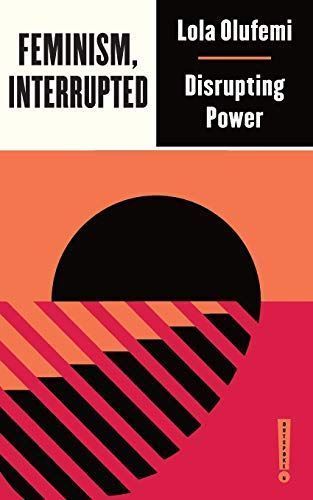
Feminism, Interrupted Disrupting Power
Plastered over t-shirts and tote bags, the word 'feminist' has entered the mainstream and is fast becoming a popular slogan for our generation. But feminism isn't a commodity up for purchase; it's a weapon for fighting against injustice.This revolutionary book reclaims feminism from consumerism through exploring state violence against women, reproductive justice, transmisogyny, sex work, gendered Islamophobia and much more, showing that the struggle for gendered liberation is a struggle for justice, one that can transform the world for everyone.
Reviews
Andrea Morales@matchandrea
lala@polijus
Yaffa@msmusyaffa
antonia maria wagner she/they@toniia
Marion@mariorugu
Angel Martinez@angxlmartinez
Angbeen Abbas@angbeen
Q@qontfnns
Valentina@valtheblonde
noelle@melancholias
lav@lavignebrat
Kweh Quiambao@gwenduling
alex @tomatosoup
Cristina P Miclea @cristinapmiclea
Alex Ramsden@alexera
giovanna @lovepoem
Claudia Chow@claudzoe
Zahia Saeed @zahiawrites
priya@purpleflamingo
hira imaan@hira
Abi Baker@wicdiv
Frederic Marx@fredericmarx
Highlights
Marion@mariorugu
Page 4